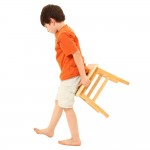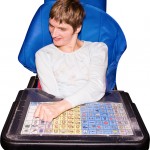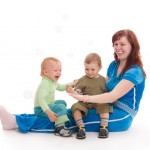
Previous research has suggested that the likelihood of experiencing mental health problems is increased in children and young people with learning disabilities if they also have autism. The researchers in this study were interested in looking at symptoms of anxiety in this population, hypothesising that they may experience symptoms of anxiety at a greater level [read the full story…]








